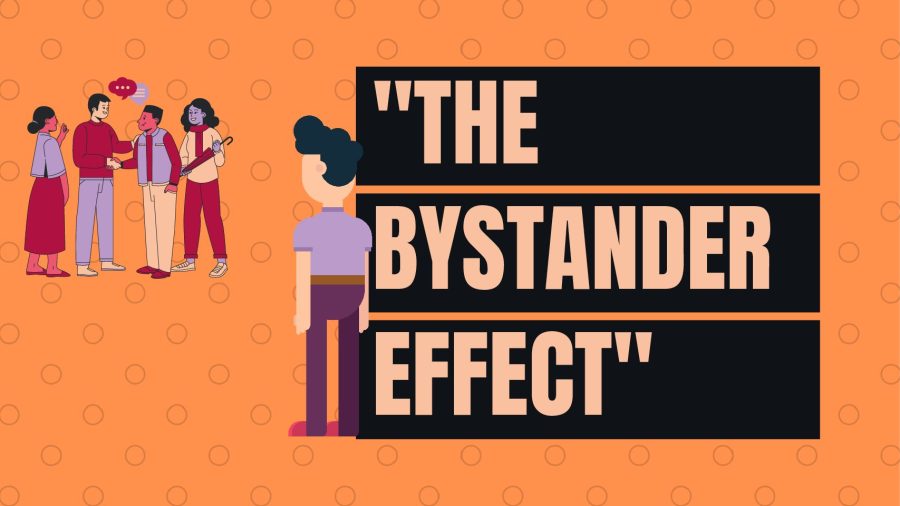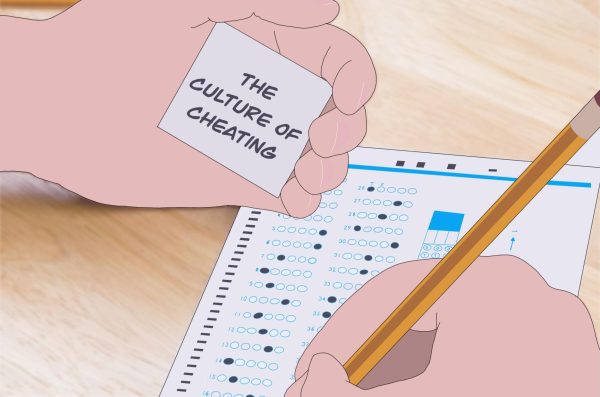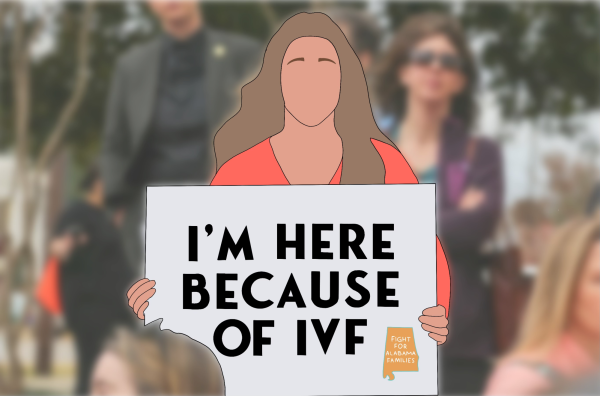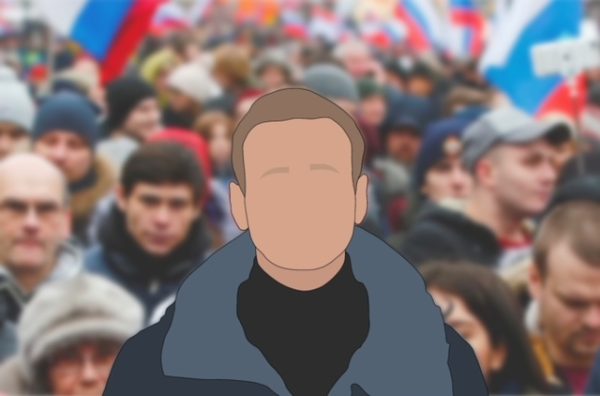The Bystander Effect: A Global Phenomenon
Bystanders are everywhere and the bystander effect will worsen if awareness isn’t spread.
When something appalling is happening in a crowded place, it would probably be expected that at least one person steps in and helps. However, nowadays, people are more reluctant to help others if they have no personal connection to them. The Bystander Effect, also known as bystander apathy, has gone on for centuries and is progressively getting worse.
Anyone can and likely will fall into the trap of the bystander effect at some point in their life. In an emergency situation, about 31% of onlooking bystanders will step in and help. This conceptual theory about why people have been less altruistic and talking more has taken over the internet as social media stars and public speakers spread awareness to keep everyone safe and open up more access to first responders.
“When I was in elementary school, my counselor used to always tell us to never bully anyone and report something when we see something and I think that everyone should do that too,” sophomore Ryder Kedem said.
Bystanders can be found all over the place: at school, at work, on the street and online. A key element to this theory is diffusion of responsibility. Many people have the mentality that if there are others around during a situation, they should not have to feel responsible to help.
Many elementary schools teach their students the phrase “see something, say something”, and expect them to continue to live by that as they grow. What they do not realize is that in real-world situations, such as crimes and violence, these students can feel too intimidated by the thought of getting involved and facing the repercussions that come with it or even having their conformity questioned.
“I see things happen all over the place and not everyone chooses to help out. I’ve been in situations before where I’ve seen people be pressured by what others think and don’t defend their opinions on something,” junior Nina Faraldo said.
The Bystander Effect is something that should be more important to everyone because one day they might be the ones paying the price,
— Levon Johnson
Before acting on something, it is human nature to take into consideration our social influence. When looking around a room and seeing nobody react to an event that just occurred, there is a high probability that most of the people will not do anything about it. Morally students may feel as though they should do something, but they will not because of who they are surrounded by.
For years, television shows such as the popular What Would You Do? have experimented on the public to see how people would react to these situations in crowded areas. They hire actors to pose as strangers and start conflicts or do immoral things such as bullying and stealing from others. Many onlookers stand up for what they believe is right and help others by defending and comforting the victims, while others just sit there and watch.
The Bystander Effect can be reduced if people are more self-aware and do not take into account the opinions of others. Acting in the moment, without hesitation, to lend a helping hand to others would be one step closer to reducing this social phenomenon.
Your donation will support the student journalists of Coral Gables Senior High School. Your contribution will help us cover our annual website hosting costs.
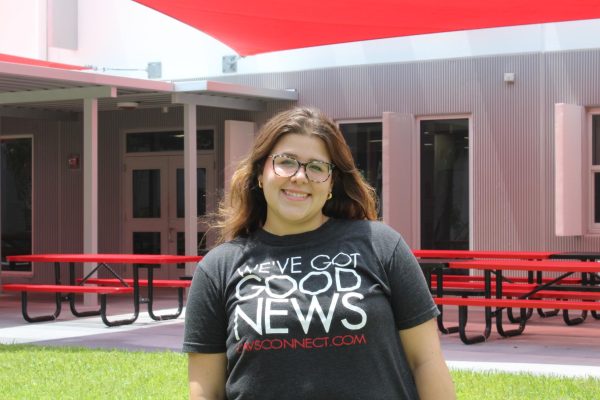
Gabriela Vega is a junior in the International Baccalaureate program at Coral Gables Senior High School. This is her third year in the publication,...


